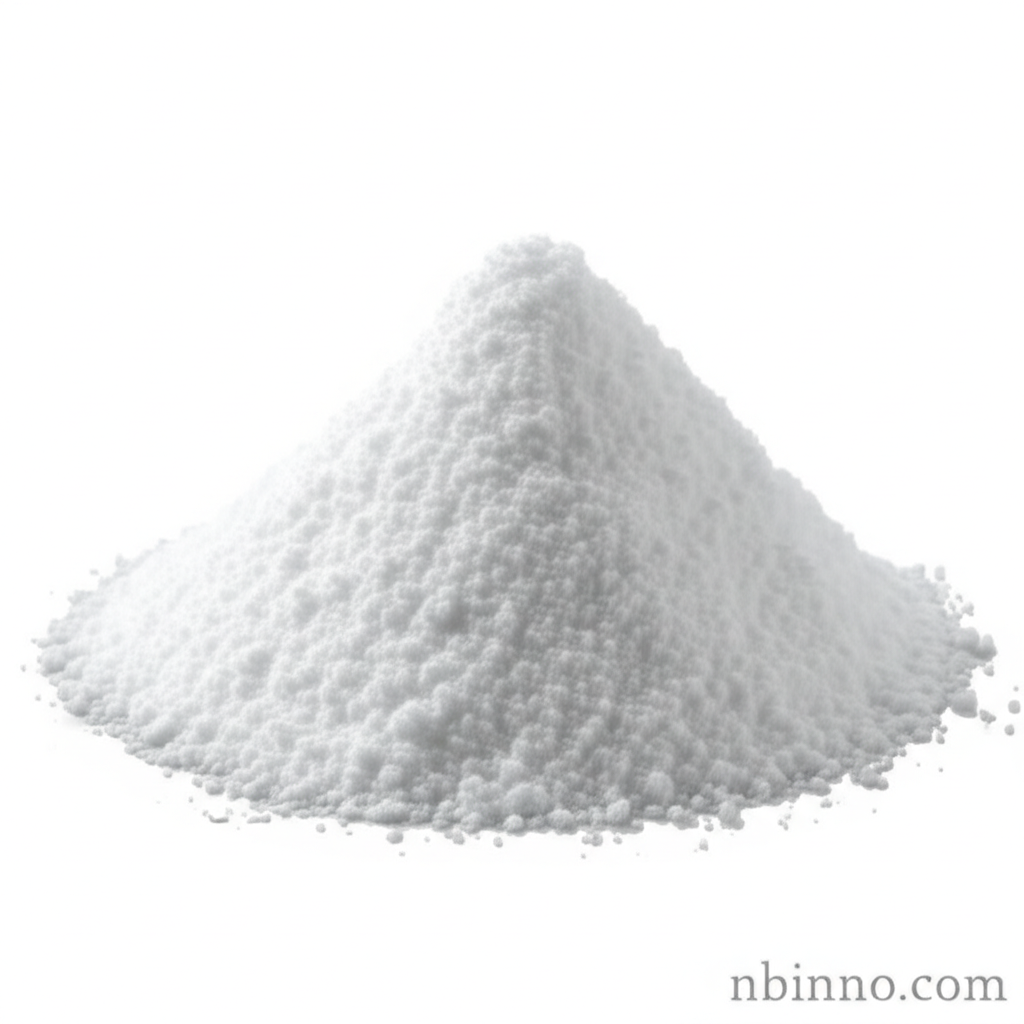Goralatide: A Novel Peptide for Hematopoiesis Regulation and Stem Cell Protection
Explore the scientific insights into Goralatide, a significant tetrapeptide impacting hematopoiesis and offering protection to stem cells against various damaging agents.
Get a Quote & SampleProduct Core Value

Goralatide
As a leading supplier in China, we offer Goralatide, a bioactive tetrapeptide that functions as a physiological regulator of hematopoiesis. It is known to inhibit the entry into the S-phase of murine and human hematopoietic stem cells. This makes it a valuable compound for research into stem cell behavior and development.
- Discover Goralatide's role in hematopoiesis regulation, a critical process for maintaining blood cell supply.
- Learn how this peptide inhibits stem cell S-phase entry, offering insights into cell cycle control mechanisms.
- Understand Goralatide's protective capabilities against damage induced by chemotherapy agents or radiation therapy.
- Explore its function as a substrate for angiotensin I-converting enzyme (ACE), a key aspect of its physiological activity.
Product-Driven Advantages
Stem Cell Health Preservation
Goralatide is a potent tool for preserving hematopoietic stem cell health, particularly in contexts involving chemotherapy or radiation. Its ability to mitigate damage makes it a crucial compound when exploring stem cell protection chemotherapy.
Hematopoiesis Modulation
As a physiological regulator of hematopoiesis, Goralatide offers researchers a means to study and potentially influence blood cell production. This peptide's mechanism is key to understanding the complexities of blood formation.
Targeted Cellular Inhibition
The inhibition of hematopoietic stem cell entry into the S-phase by Goralatide provides a specific target for research. This makes it relevant for studies focusing on peptide inhibitor S-phase entry.
Key Applications
Hematology Research
Goralatide is instrumental in understanding hematopoiesis regulation, aiding researchers in studying blood cell development and disorders.
Oncology Support
Its role in protecting bone marrow from chemotherapy damage makes Goralatide a significant compound for research in supportive cancer care and minimizing treatment side effects.
Stem Cell Biology
Investigate the fundamental processes of stem cell proliferation and differentiation using Goralatide as a key research agent in stem cell biology.
Pharmacological Studies
As an Ac-SDKP ACE substrate, Goralatide is valuable for studies on peptide-enzyme interactions and the renin-angiotensin system.
